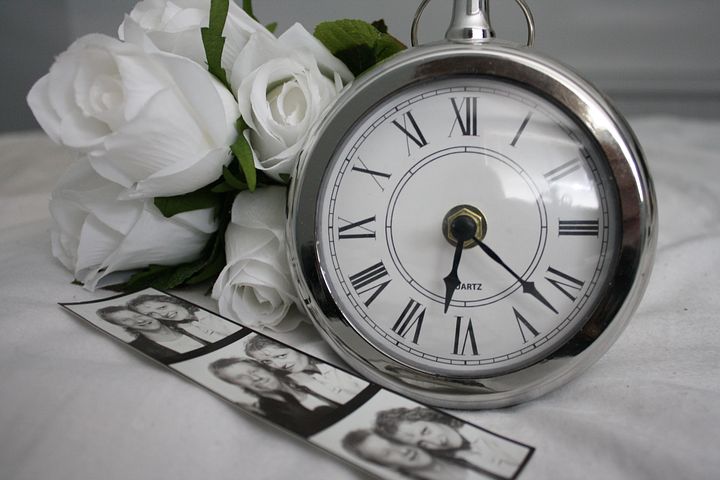Marriage as an Activating Agent
As a marriage counselor, I often see the explicit and implicit boundaries and restrictions involved in a marriage functioning as activating agents. Just as vinegar and baking soda in the same space give rise to carbon dioxide, two people who marry create something new and often surprising. Sometimes, a healing dynamic unfolds, an upward spiral of transformation. Learning opportunities are disguised as different kinds of crises, unfolding in the interactions between two distinctly separate but equally central-to-their-own-existence human beings. In marriage, there’s the possibility that emotional adults are gradually gestated and born, with the capacity to see a bigger picture together than they could see alone.
Adult Impersonators

Two adults who fall in love may only appear to be adults. In fact, they are often adult impersonators, puppeted on the strings of their own wounded inner children. Committed partnerships are containers that can transform aspects of us that are still impersonating adults into genuine, differentiated mature adults. A true adult is a relational Jedi: an individual who remains open and curious, sees beyond limiting viewpoints, and stretches into accepting otherness while staying rooted in their own sense of self.
A “Failed” Marriage Can Be A Springboard
Even a marriage that’s “failing” still has the power to alchemize the people within it. With the fantasy of love fulfilled on one end of the spectrum and the stranglehold of a deadening conjugal commitment on the other, the gap between what’s real and what’s imaginary opens into a desolate abyss. That abyss is reality: whatever is here in the relationship right now. The marriage container may become a trap or a coffin, providing evidence that seems to prove the worst stories a person has come to believe about themselves and others . But even then, marriage has the potential to be used as a springboard towards a more expansive reality.
Do What it Takes… or Deepen Your Misery
We’re all relationship researchers. Every day, we’re running in vivo experiments, doing field research. In our interactions with friends, family, acquaintances and strangers, we collect data about the aspects of our own character we embrace and the shadow aspects we deny.
We learn about our pasts, the ways our childhoods shaped us, and the impact of formative experiences on our ability to relate to others . We also learn about whether we can or can’t accept ourselves. If we’re savvy, we re-adjust our hypotheses daily and allow our beliefs to evolve. Either we do what it takes to create sustainable changes and effective improvements in how we relate to our partner or we deepen our misery.
Guiding Principles

Here are five guiding principles to help you fail-proof your marriage:
- Change your expectations. It’s not about being happy.
- Your marriage can succeed, whether you stay married or not. Use marriage to embrace more of your own humanity, and by extension others’ humanity.
- Give up the myth of Love From Without. Many people marry to ‘get’ love reliably from someone else. Marriage reveals the way that trying to control another person is a weak substitute for self-love.
- Recognize the Importance of Love From Within. Often, the more you can accept, celebrate and appreciate your imperfect partner, the more you can do the same for yourself, and the more you can accept, celebrate and love yourself, the more your partner is encouraged, through your example, to love themselves and you.
- Think of marriage as Yoda’s cave in Dagobah (humor me, I know it’s a stretch). It’s a place for relational Jedi’s to test their mettle and connect with the Force. It’s a container for you to experience your own vulnerability in your interactions with another who will always elude your control and always challenge you to grow into your full potential.
A different version of this was published on Medium.com and The Good Men Project.









